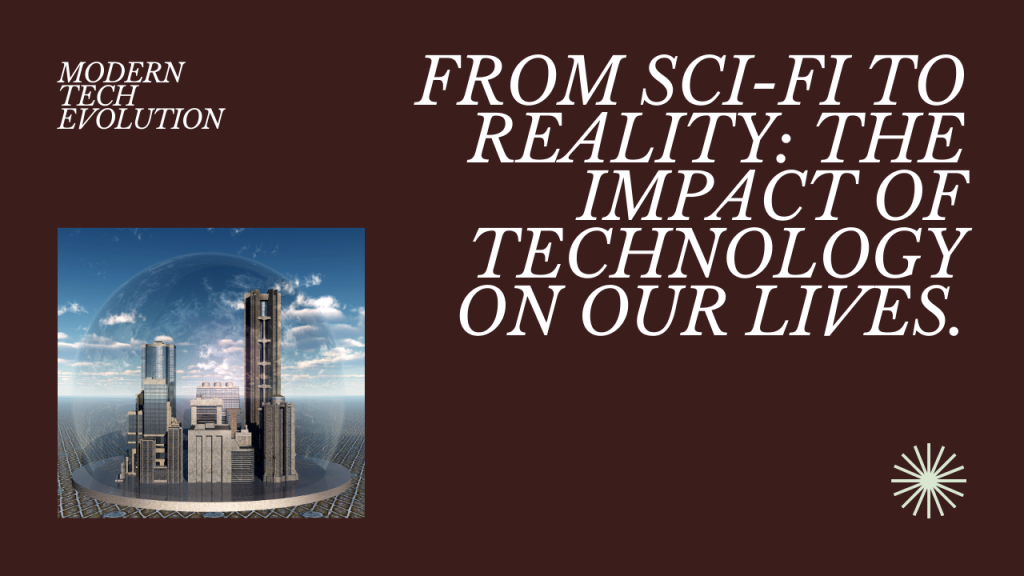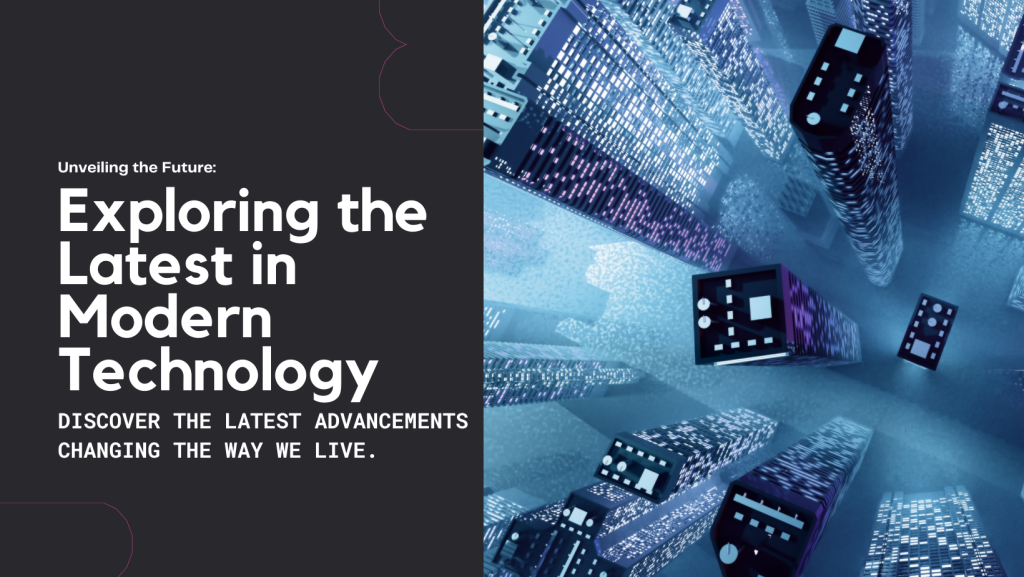As we embrace the era of artificial intelligence (AI) and digitization, the role of cybersecurity becomes increasingly vital in safeguarding our digital assets and protecting against evolving threats. In an AI-driven world, where automation and connectivity are pervasive, cybersecurity professionals serve as the guardians of the digital realm, tasked with navigating the complexities of cyber threats and defending against malicious actors.
One of the primary challenges in cybersecurity today is the rapid proliferation of sophisticated cyber threats. From ransomware attacks to data breaches and phishing scams, cybercriminals are becoming increasingly adept at exploiting vulnerabilities in digital systems and networks. Moreover, the integration of AI and machine learning technologies into cyber attacks poses new challenges for cybersecurity professionals, as attackers leverage AI to automate and optimize their tactics, techniques, and procedures.
To combat these threats, cybersecurity professionals must adopt a proactive approach to cybersecurity, leveraging advanced tools and techniques to detect, prevent, and respond to cyber attacks in real-time. This includes implementing robust security measures such as encryption, multi-factor authentication, and intrusion detection systems to safeguard sensitive data and infrastructure. Additionally, continuous monitoring and threat intelligence gathering are essential for staying ahead of emerging threats and vulnerabilities.
Furthermore, collaboration and information sharing are critical components of effective cybersecurity in an AI-driven world. Cybersecurity professionals must work closely with industry partners, government agencies, and law enforcement authorities to exchange threat intelligence, coordinate responses to cyber attacks, and strengthen cybersecurity posture across the digital ecosystem. By fostering a culture of collaboration and knowledge sharing, cybersecurity professionals can enhance resilience and adaptability in the face of evolving cyber threats.
In conclusion, cybersecurity plays a crucial role in safeguarding our digital future in an AI-driven world. As the guardians of the digital realm, cybersecurity professionals must navigate the complexities of cyber threats, adopt proactive security measures, and collaborate with stakeholders to protect against malicious actors. By embracing innovation, collaboration, and continuous learning, cybersecurity professionals can ensure that our digital infrastructure remains secure, resilient, and trustworthy in the face of emerging challenges.






